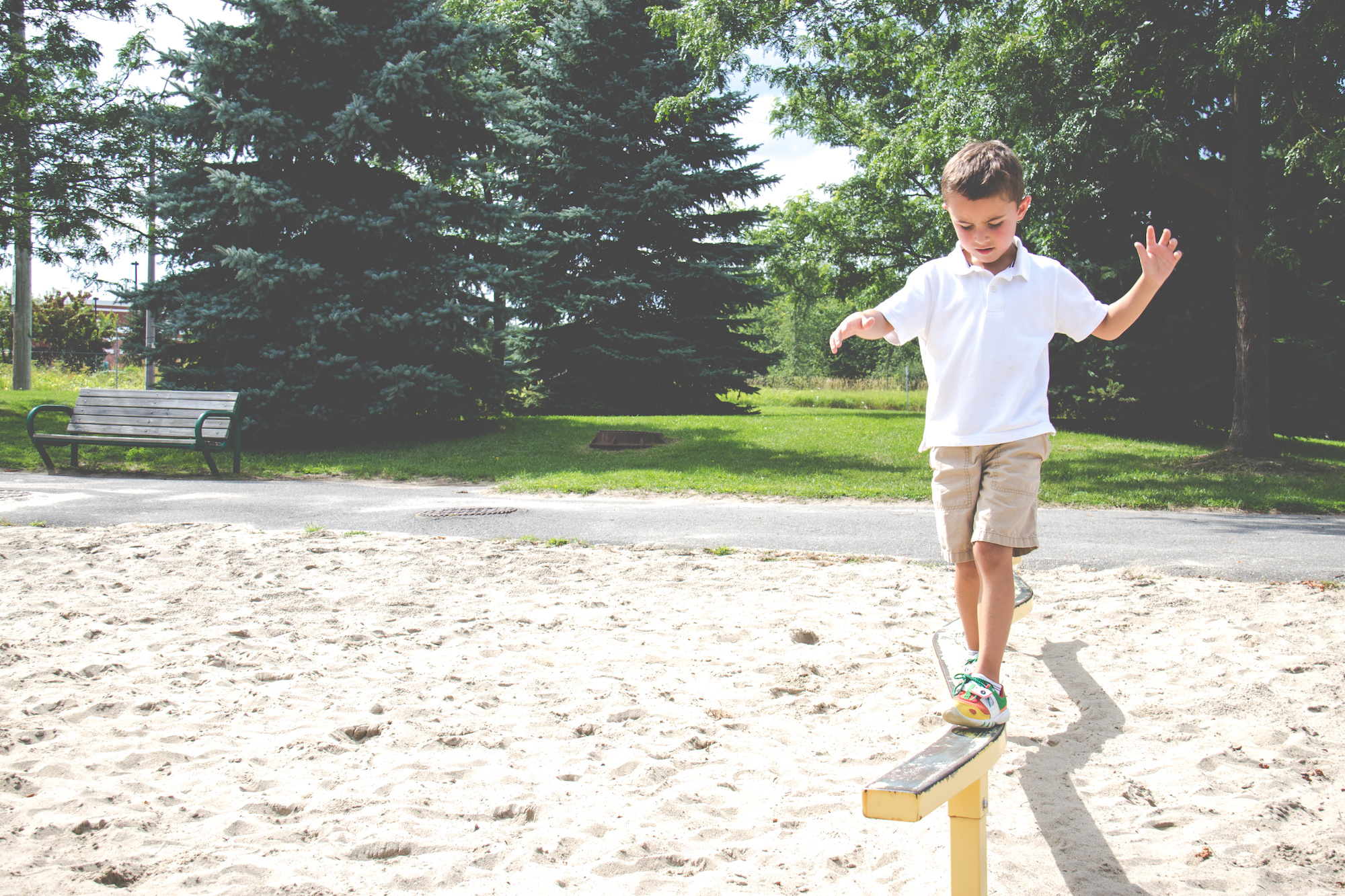issues we may be able to help with

Behavioural & Emotional difficulties
Anxiety >>
Panic attacks
Depressive feelings and behaviours
Hyperactivity
Mood swings
Poor impulse control
Anger and aggression issues
Withdrawn and/or timid behaviour
Low self-esteem
Attachment and separation issues
Dislike of change
“Shyness”
Excessive daydreaming and fantasising
Controlling behaviour
OCD behaviours
ODD behaviours
Feelings of overwhelm
Immature and over-reactive behaviour
Dependency issues

learning difficulties
Dyslexia
Dyspraxia
ADHD and ADD type symptoms
Issues with working memory
Processing issues
Speech problems and language delay
Issues getting ideas on paper and issues with handwriting
Poor concentration/ distractibility
Poor organisational skills
Sequencing difficulties
Difficulties telling the time
Dyscalculia
Difficulty conceptualising
Discrepancy between oral and written performance
Slowness at copying tasks
Difficulties with tracking and readjustment of binocular vision

Physiological difficulties
Stressed immune system
Chronic digestive issues
Frequent infections
Bedwetting after the age of 5
Thumb sucking after the age of 5
Problems with balance and coordination
Hypermobility
Poor muscle tone
Poor hand-eye coordination
Clumsiness
Tactile issues
Avoidance of games and sport
Hyper/hypo response to pain
Toe walking
Poor manual dexterity
Messy eating
Motion sickness
Inability to sit still (‘ants in pants ‘ child)
Poor swimming skills